While playing in Java. I saw different behaviour if an object is modified and given a value and different value if it is assigned a new object. Here is code that I made to show the result.
public class Test {
int i;
public Test(int j) {
this.i = j;
}
public static void main(String[] args) {
Test A = new Test(5);
Test N = new Test(5);
add(A);
makeNew(N);
System.out.println("Value of A.i= "+A.i);
System.out.println("Value of N.i= "+N.i);
}
private static void add(Test t) {
t.i+= 3;
System.out.println("Inside method add() t.i= "+t.i);
}
private static void makeNew(Test t) {
t = new Test(8);
System.out.println("Inside method makeNew() t.i= "+t.i);
}
}
Here is the output of the above code.
Inside method add() t.i= 8
Inside method makeNew() t.i= 8
Value of A.i= 8
Value of N.i= 5
In above example object A is modified to value 8. And object B is given a new object itself. But calling them back only object A shows new value. Object B shows the old value itself. Should not they be showing same value because both case are pass by refernce? I was expecting same value for A.i and N.i.






